Chinese virologist Zhang Yongzhen, who became internationally known after his team was the first to release the genome of the Sars-CoV-2 virus that causes Covid-19 in January 2020, appears to have resolved a sudden and very public clash with the Shanghai Public Health Clinical Center (SPHCC) where he works.
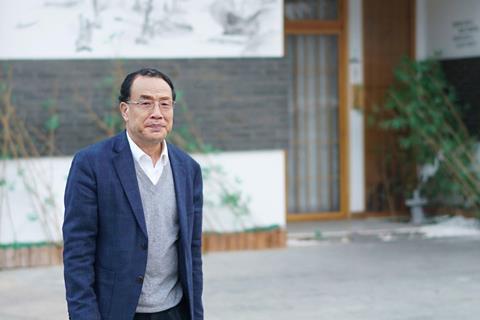
When the pandemic hit, Zhang – without official approval – posted the genome of Sars-Cov-2 on virological.org, an online forum for the pre-publication sharing and discussion of pathogenic virus sequences. The data was instrumental in developing a vaccine against Covid-19. Consequently, Zhang was named one of Nature’s 10 people who helped shape science in 2020, and he also received the ICG-15 GigaScience Prize for Outstanding Data Sharing during the Covid-19 pandemic that same year. But the Associated Press reported that Zhang has faced obstruction conducting his research in China since publishing the sequence without state approval. These include ‘demotions and ousters’.
In posts on the Chinese social media platform Weibo that have since been deleted, Zhang reportedly announced that he and his team were evicted from their lab and prohibited from entering by guards. In response, he staged a protest in late April by camping outside of his lab and sleeping there.
Zhang has now announced that a tentative agreement was reached on 30 April to resume normal activities in his lab, noting that he and his team could enter and exit the lab freely for the time being. He said further discussions are needed about the future relocation plan for his facility, as well as ‘the guarantee of normal life and scientific research work for students during the transition period’, and the unfinished portions of the two cooperative research agreements between his team and the SPHCC.
The SPHCC, which is affiliated with Fudan University, said that Zhang’s lab was one of several requiring renovations for safety reasons and that his team was provided with alternative office and lab space.





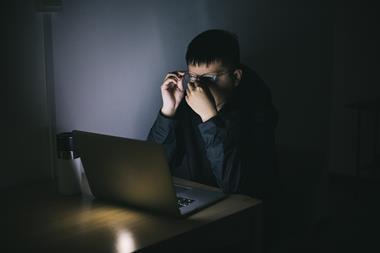
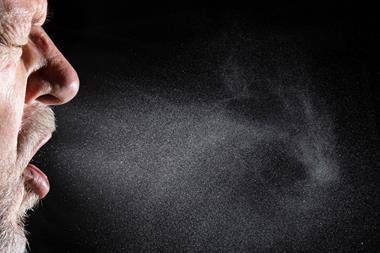
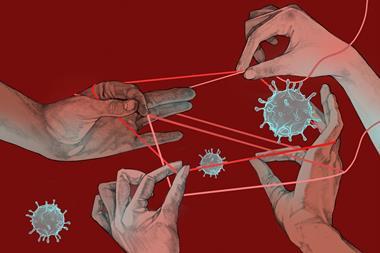
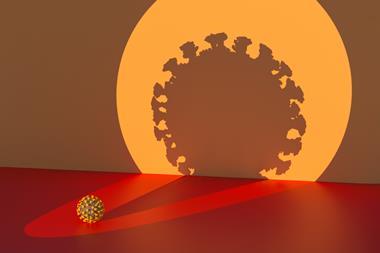
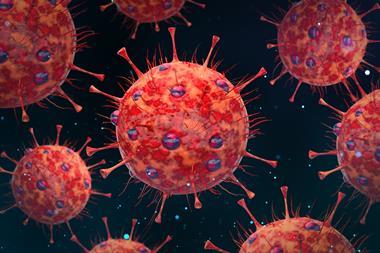
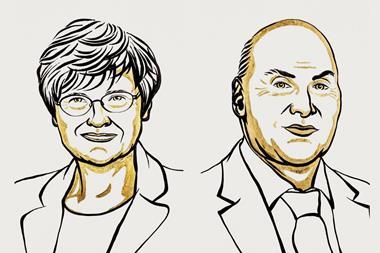






No comments yet